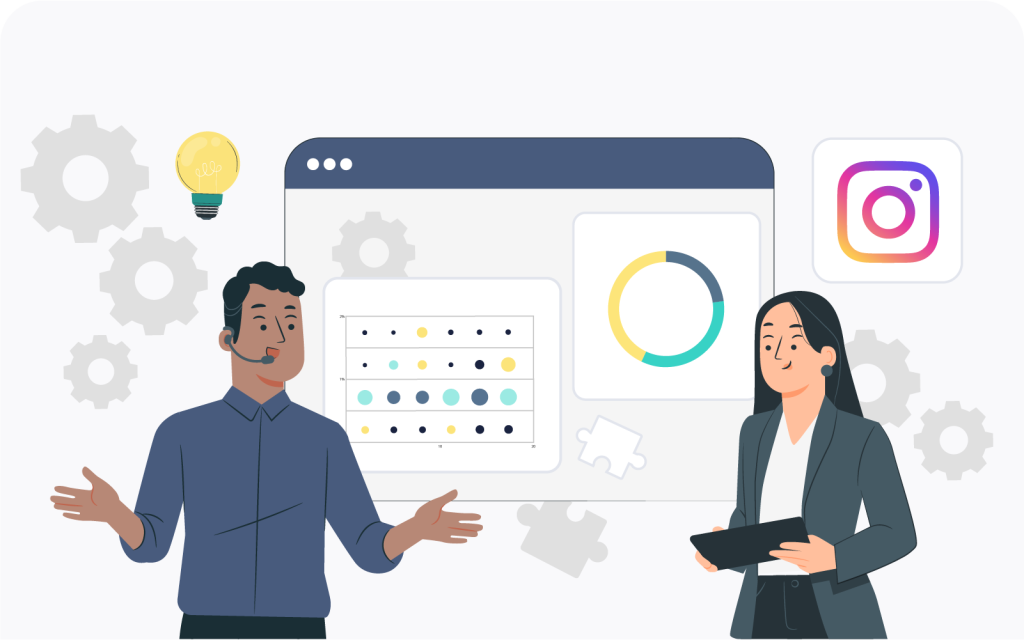Social Media Analysis and Benchmarking Tools
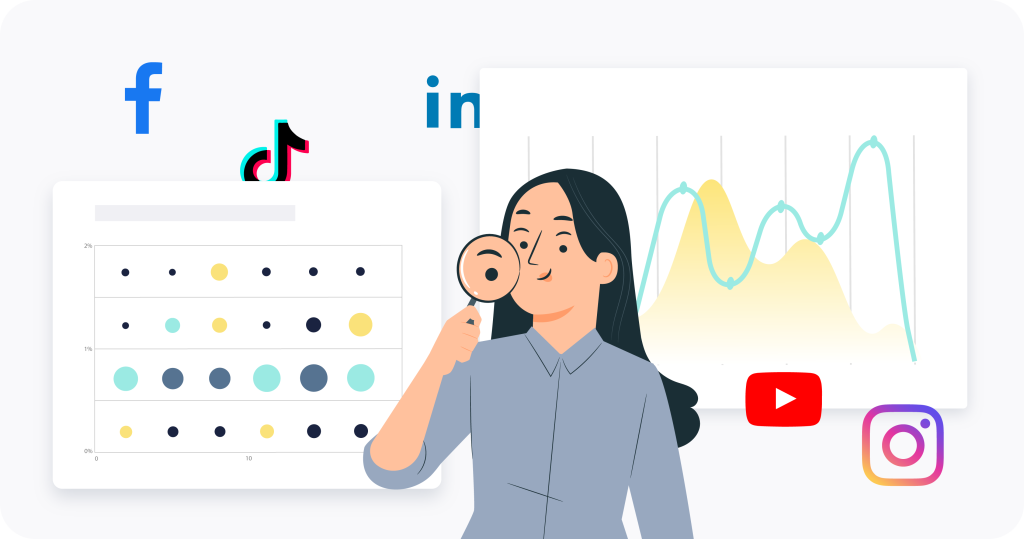
If you have a business, social media agency, or are a professional influencer, you have probably asked yourself more than once about how you stack up against your competitors. Moreover, you are also most likely looking for social media data analysis tools that can give you real insights about how you can improve the performance of your content. Making informed decisions based on data is essential for social media success, no matter who you are.
In light of the great importance related to analyzing social media data and making informed decisions, many businesses and influencers use advanced social media analytics software. There are obviously a lot of choices out there in this regard. So what should you look for? And what makes one social media analysis tool better than the others? Below, we will highlight 5 areas that your social media analysis tool should excel at and explain what to look for when making your choice among the different options on the market.
What are Social Media Analysis Tools Used For?
Social media analysis and benchmarking tools are designed to help you analyze social media data from your own profiles in addition to profiles from competitors or others in your industry. Some may think that they can run analytic analysis with the information provided by individual social media networks from their native, built-in insight capabilities. Additionally, they might be tempted to manually collect information such as how many followers a competitor’s profile has or how many likes a competitor’s post may receive. However, without advanced analysis, are you missing out on important insights?
With any software program or tool for social media analytics, you want to make sure it does three core things well. The first is that it can analyze and track the performance of your profiles across different social media networks. The second is that it is able to benchmark yourself against your competitors related to a wide variety of metrics. The third is that your tool provides analytical insights which shows you how to improve your content performance.
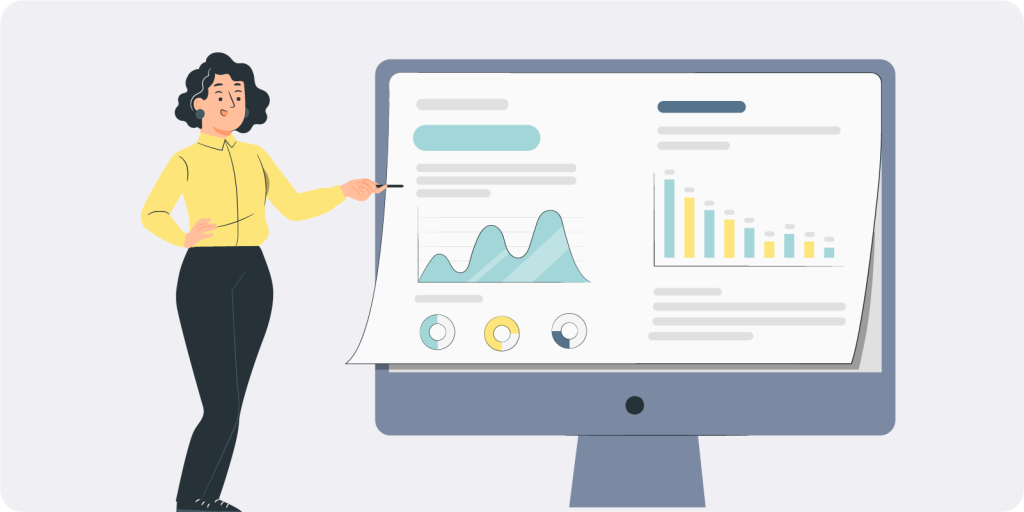
What to Look for in your Social Media Analysis Tool
If you are a social media professional, you certainly have seen claims about social media analytics software and what it needs to do. As we already discussed above, it should allow you to analyze and track your own data, benchmark yourself against competitors, as well as help you to optimize your content. When using a social media management tool, the analytic features should allow you to run analyses on various metrics related to both your own profiles across different social media networks as well as your competitors’ profiles.
While many social media analytics software programs say they provide all the capabilities you need, what should you really be looking for in terms of features? Below, we review 5 important things you should pay attention to when you select your social media analysis and benchmarking tool.
Unlimited Profile Tracking
Let’s start with a feature that many don’t talk about, but yet is incredibly important for how effective your social media analysis and benchmarking insights can be. Being able to track unlimited, or at least a high number of, profiles is absolutely essential for compiling meaningful data sets for your analysis. First of all, many companies have at least a few dozens of competitors, each operating multiple social media profiles. Understandably, they probably want to track and learn from all these profiles for analytics and benchmarking purposes. In this case, it is easy to see how you may be tracking over a hundred profiles just for your direct competitors. If your tool doesn’t allow for this, you may be missing out on important insights.
Second, being able to compile a large data set enables better analyses that can give you helpful insights for your content. These include finding the best time to posts on your social media profiles, hashtag and keyword analysis, as well as understanding what content formats (i.e. carousels, stories, reels) perform better on average. Many social media analysis software providers limit the number of competitor profiles you can track. The best social media data analysis tools would allow you to compile meaningful datasets to help with different types of analyses.
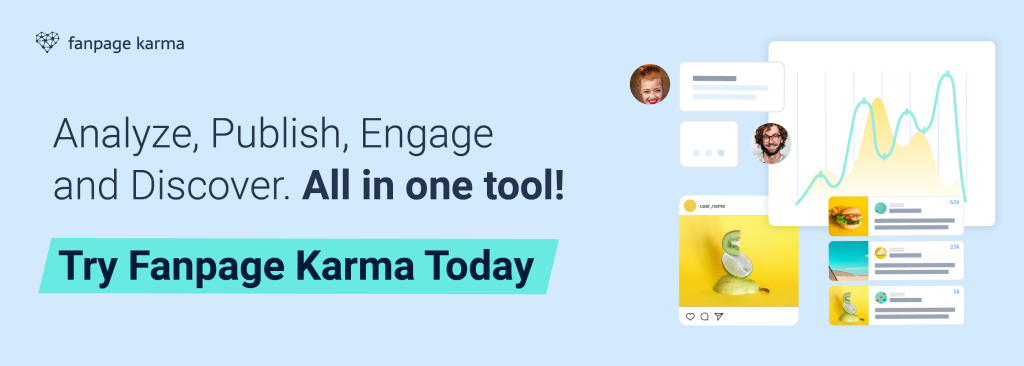
Advanced Benchmarking
Understanding where your profiles stand in relation to your competitors is important for many companies, not least because it tells you what goals you should set for your own profiles’ performance. Comparative analysis is essential for effective social media planning and, for this reason, many businesses look for competitor social media analysis tools that allow them to track the profiles across several different key metrics.
Advanced benchmarking means that you are just not comparing two readily available metrics (such as number of followers) but rather accurately tracking and analyzing many different metrics. These include analyzing the performance of different content types (stories, carousels, images, etc.), post interaction rates, reach, or hashtags across profiles, for example.
These advanced benchmarking capabilities should allow you to review historical data so that you can focus, and analyze, the timeframes that are important to you. As we already mentioned above, the ability to benchmark your own profiles as well as dozens or hundreds of other profiles can greatly improve benchmarking capabilities.
Tracking Metrics
It may sound obvious, but tracking metrics is a core function of social media analytics software. However, one of the main concerns is how many different metrics you can track, not only for your own profiles, but also for competitors’ profiles. If your social media tool is only offering a handful of metrics such as followers, number of posts per day, and impressions, this may not be providing you with much value. Moreover, the benchmarking analysis we mentioned above will be less fruitful if only a few metrics are available for benchmarking.
Social media metrics tools come in different forms, but the best tools will allow you to track many metrics, not only your accounts but also of your competitors. The various types of metric analyses that your benchmarking tool enables are also important. For example, with metric tracking you should be able to study the correlation between two metrics, such as the increase in number of a specific profile’s followers with how many posts per day that profile made. This type of analysis can be useful in showing correlations or connections between two or more metrics to help you understand the reasons behind a profile’s growth (or lack thereof).
Similar to benchmarking, the ability to review historical data in different timeframes is also important. Different seasons or times of the year can correspond with changes in user behavior, and you want to make sure that you can select your dates and the metrics you want to better understand for specific timeframes.
Content Optimization Features
Knowing how you stack up against your competitors is important for finding out what content is performing at a high level and what might not be. For instance, you may want to run a social media audience or trend analysis and your tool must be designed to spot various patterns or give you an indication about what type of content is resonating with a specific target audience. At the end of the day, social media analytics is not just about graphs and charts showing you basic data. The right social media analytics software can help you improve your content.
There are a host of different content optimization functions that an advanced social network analysis tool should be able to provide. For one, it can help you find the best times to post on your social media profiles not only on a network basis, but also for a specific content format (i.e. reels, stories, carousels). Moreover, you should be able to run various analyses such as researching keywords and hashtags that are trending and performing well, discovering different content types are correlated with higher post interaction rates, as well as finding successful posts across different metrics.
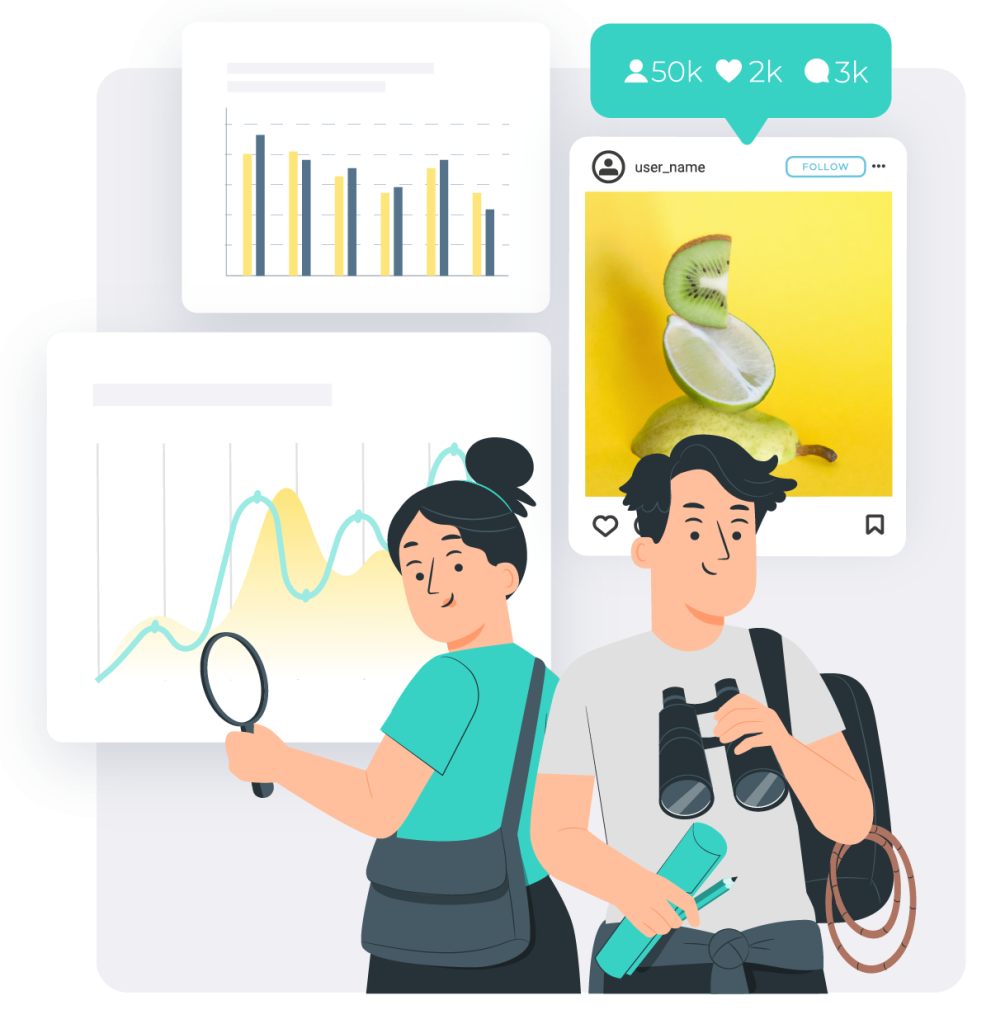
Reporting
You should know that not all analytic and benchmarking reporting capabilities are the same. Whether you are a social media agency or working for a company where you need to report to management, customizable report creation is essential. It is important that your tool provides flexibility when it comes to presenting your data and creating the various charts, graphs, and tables that you need to show your progress.
When looking for the right social network analysis software, make sure you have different options for reporting. This can include the ability to export your data in various formats based on your needs, and even to automate such reports. It can also be helpful if your social media analysis tool allows for outside users to view your benchmarking and content analysis reports since, for many companies, not everyone will have access to your social media tool.
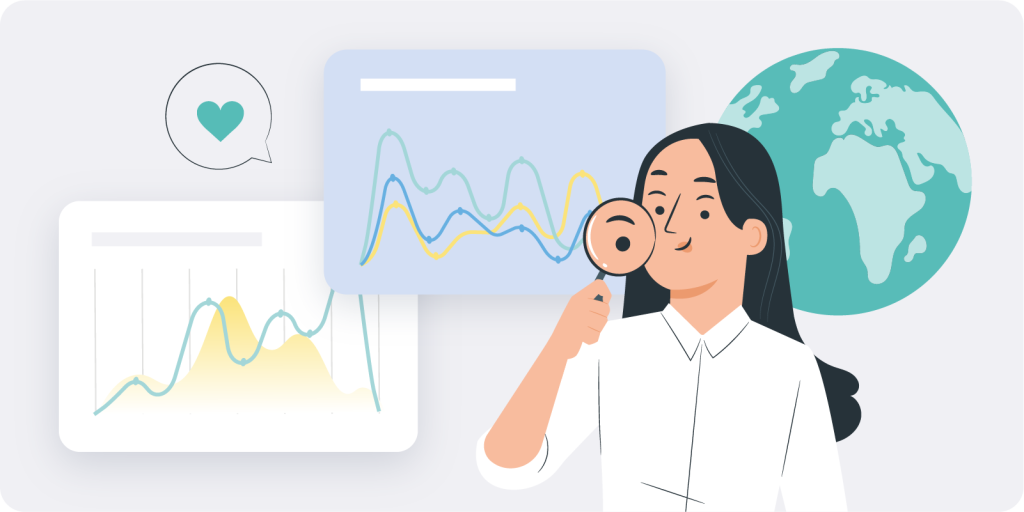
Finding the Right Social Media Analysis Tools
Finding the right social media analytics software can be a real game changer for your performance and provide you with insights you can’t get anywhere else. As we have shown above, there are some core areas you should pay attention to when looking for the right social media analysis tool. If there are features that we described above that your current tool is missing, you should ask yourself what else might be on the market that gives you more analytic and benchmarking capabilities.
Fanpage Karma is an all-in-one social media tool that excels in social media analysis and benchmarking as well as providing community management, research, and publishing features. Along with the ability to track hundreds of different metrics, it also offers unlimited profile tracking that enables deep analytical and data-driven insights. Fanpage Karma offers a free 14-day trial so you can try out its benchmarking and analytics features for yourself.
Moreover, Fanpage Karma runs a free weekly webinar that highlights how to use the tool.




